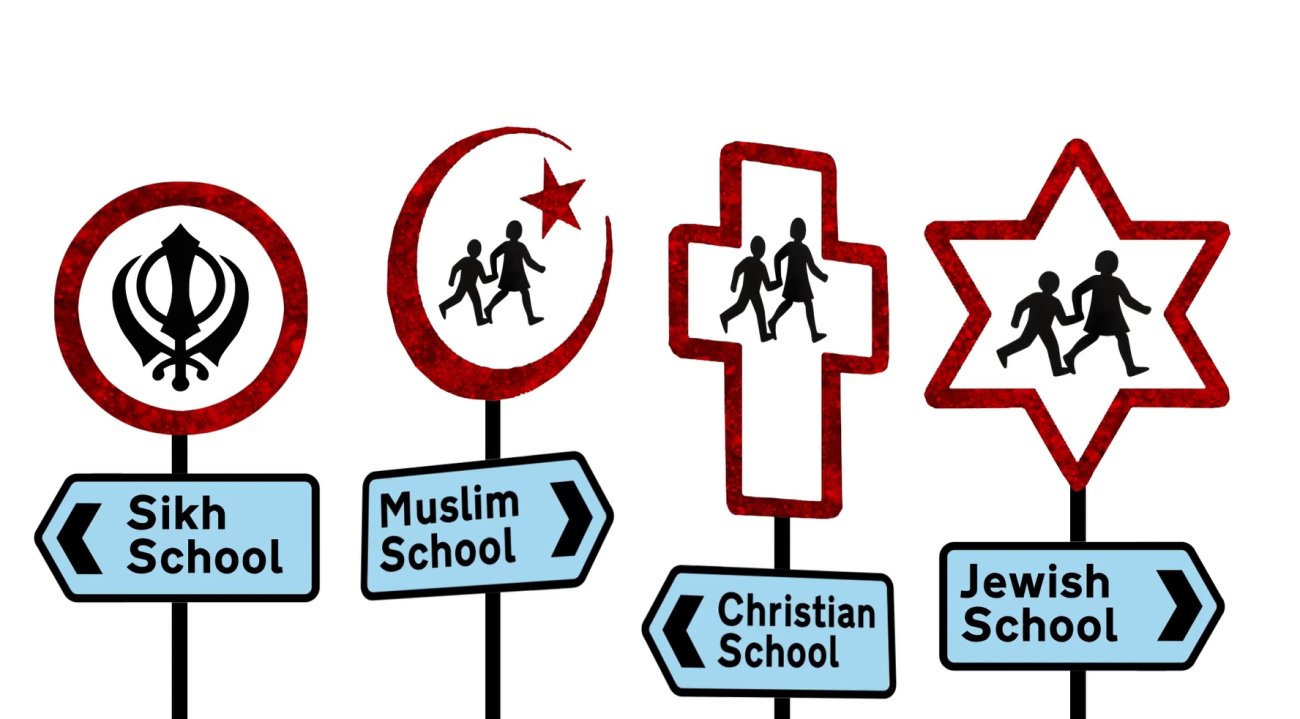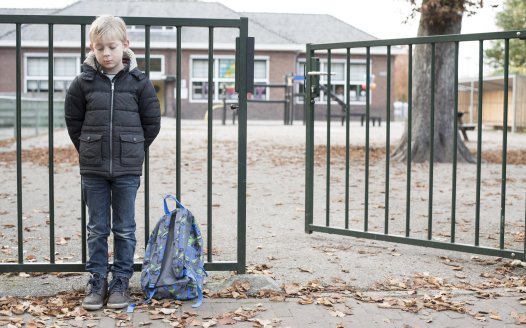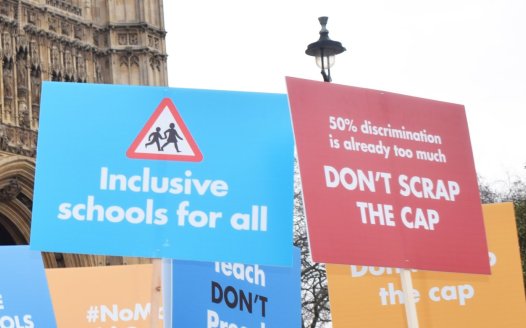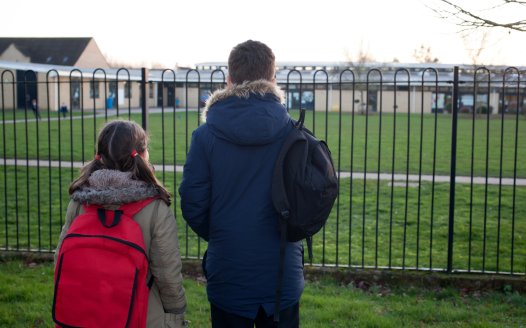Study: faith schools’ entry policies are complex and inconsistent
Posted: Fri, 6th Jul 2018
Faith schools' admissions policies are complex and difficult to navigate and the problem hurts parents from poorer and non-faith backgrounds the most, according to a study of schools in Leicester.
One of the study's authors, Professor Linda Woodhead, said it revealed "a labyrinthine system of selection criteria". She added that new Muslim, Hindu, Sikh and Catholic faith schools were "in practice closed to all but the most religiously strict and practising members of their own faiths".
Her co-author and colleague at Lancaster University, Dr Mairi Levitt, said the problem was particularly pronounced in schools where pupils enjoyed greater academic success.
"Although some faith schools, particularly Christian ones, are open to those of other faiths, they tend to be academically less successful. Conversely, schools with higher academic success are more likely to be oversubscribed and to employ stricter selection criteria."
The authors said the "sheer complexity" of faith schools' admissions criteria was one of their "most striking findings". They added that there was "little consistency between schools" on admissions. Some policies focused on parental faith while others concentrated on the child, and often there were multiple criteria.
Even when faith schools are obliged by law to assign some of their places without reference to faith, the authors said their selection criteria are "so complex and demanding" that they deter those from outside the faith from applying.
The study found families from poorer backgrounds with under-achieving community schools and those who did not have a religious affiliation were worst hit by the problem. It said families who were best able to navigate the system or were actively religious benefited most.
It cited examples of faith schools explicitly giving priority to parents who submitted evidence of their religious observance. The city's six Catholic primary schools gave priority to children who were baptised Catholic, followed by: those baptised into another Christian denomination and who had been received into the Catholic faith; those being prepared for Catholic baptism; those baptised or dedicated in another Christian denomination; and those belonging to other faiths.
The study's authors said one of these criteria (those being prepared for Catholic baptism) should be considered invalid.
The schools also said they would give priority to those able to submit forms which verified their weekly attendance at mass.
One Hindu school asked for "an official temple stamp" and certification that "the family are practising Hindus" who either "'follow all the key tenets of the faith as practised by our Temple' or cannot verify that the family follow the key tenets 'but they do attend the Temple either regularly or irregularly'".
It added that the evidence was "mixed" on both faith schools' educational outcomes relative to other state schools and whether their existence enhanced or limited choice for parents in Leicester.
It said the problem of complex, inconsistent admissions policies was not confined to Leicester. It cited a 2015 report from the schools adjudicator which said appeals over faith school admissions criteria accounted for "a significant part of the adjudicator's workload" and most objections to them were upheld partially or fully.
The study focused on Leicester because of its multi-ethnic, multi-faith population and the diversity of faith schools in the city.
No More Faith Schools campaigner Alastair Lichten said the study was "a reminder of the farcical and counter-productive situation created by the existence of state-funded faith schools".
"It's absurd that public money is being spent devising criteria which segregate children and actively hinder families who cannot play the system. Rolling back faith schools and ending religious entrance criteria would simplify the arrangements for school admissions, create a fairer system for all and contribute to a more cohesive society.
"When you bear in mind that it would also save the taxpayer money in the process, it becomes abundantly clear that ending religious discrimination and rolling back faith schools is just common sense."
The National Secular Society has long campaigned for inclusive schooling for children from any faith-related background or none, and against religious discrimination in school admissions. In May the government abandoned plans to lift the 50% cap on faith-based admissions to new free schools in England but said it would pave the way for a new wave of religiously selective voluntary-aided faith schools.
Earlier this year the schools adjudicator ruled that Catholic schools could accept a certificate signed by a priest as a reason to give pupils priority in admissions. At the time the NSS said the implications of the decision were "outrageous". The adjudicator had previously upheld a series of complaints against the certificate.
In 2016 a Sutton Trust report revealed that the most socially selective schools were often faith schools using oversubscription criteria to select disproportionately wealthy pupils.
Professor Woodhead's previous research has found that parents rarely consider faith to be an important reason to choose a school. A nationally representative study of Great Britain which she commissioned with YouGov in 2013 found that just five per cent of parents thought 'grounding of pupils in a faith tradition' was important, with just three per cent saying the same about 'transmission of belief in God'.
The top factors influencing the choice of a school were academic standards (77%), location (58%), discipline record (41%) and ethical values (23%).
Leicester has state-funded faith schools designated as Church of England, Roman Catholic, Hindu, Sikh and Muslim. There are 13 state-funded faith schools for primary age children in the city (serving 165 of the population) and five at secondary level (serving 17% of the population).
No more faith schools
We need inclusive schools free from religious discrimination, privilege or control. Join our campaign.









